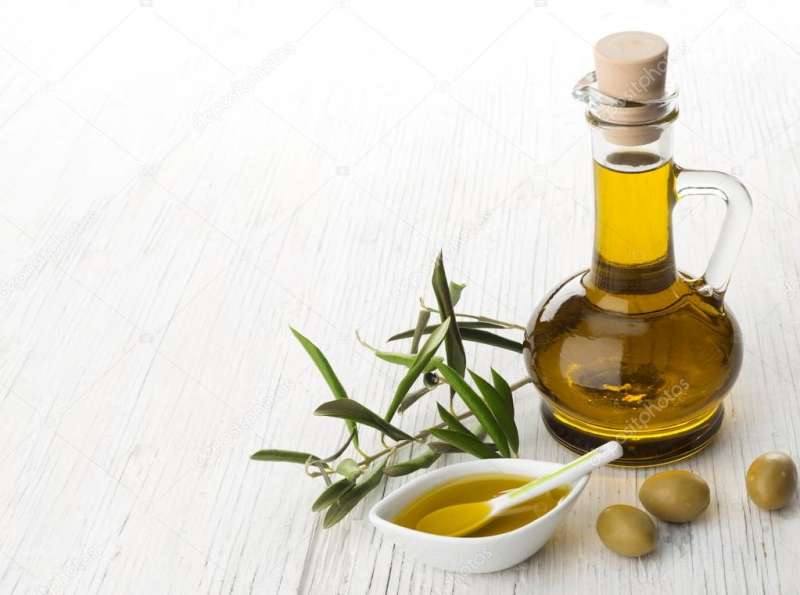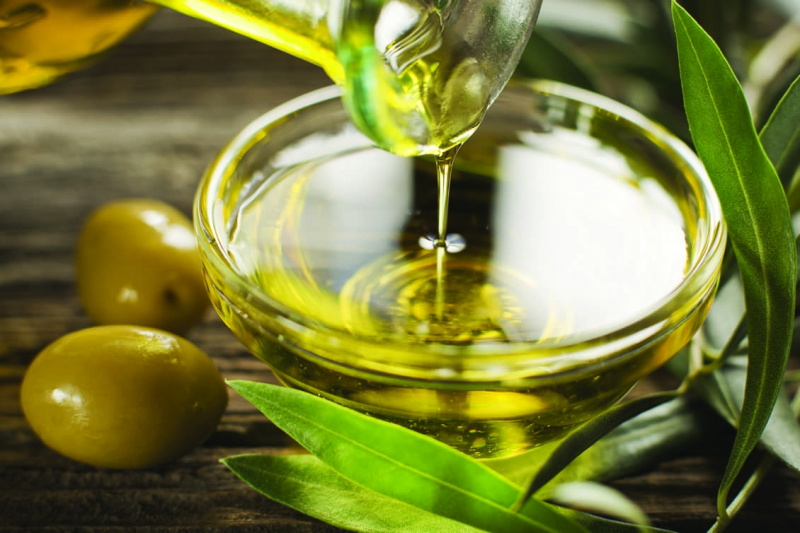Olives and olive oil

Without Greek olive oil, there would be no Greek cuisine. The country is the third-largest producer of olive oil in the world, but first in extra-virgin oil production and consumption, with more than 20 liters per person per year. The little "Coroneiki" olive is the most common Greek oil olive. The Peloponnese, Crete, and Lesvos produce the most acclaimed Greek olive oils. There are 15 PDO (Protected Designation of Origin) olive oils in Greece, and another 11 PGI (Protected Geographic Indication) olive oils, all of which attest to the product's superiority.
Greeks have been farming olive trees for millennia; legend has it that Athena granted the city of Athens an olive tree in exchange for its favor. Local olives, some cured in a hearty sea salt brine, others, like wrinkly troubles, eaten uncured from the tree, are served with Greek meals. Similarly, olive oil, Greece's elixir, is freely used in cooking and salads, as well as drizzled over most dips and foods. A lot of taverns make their own oil.











